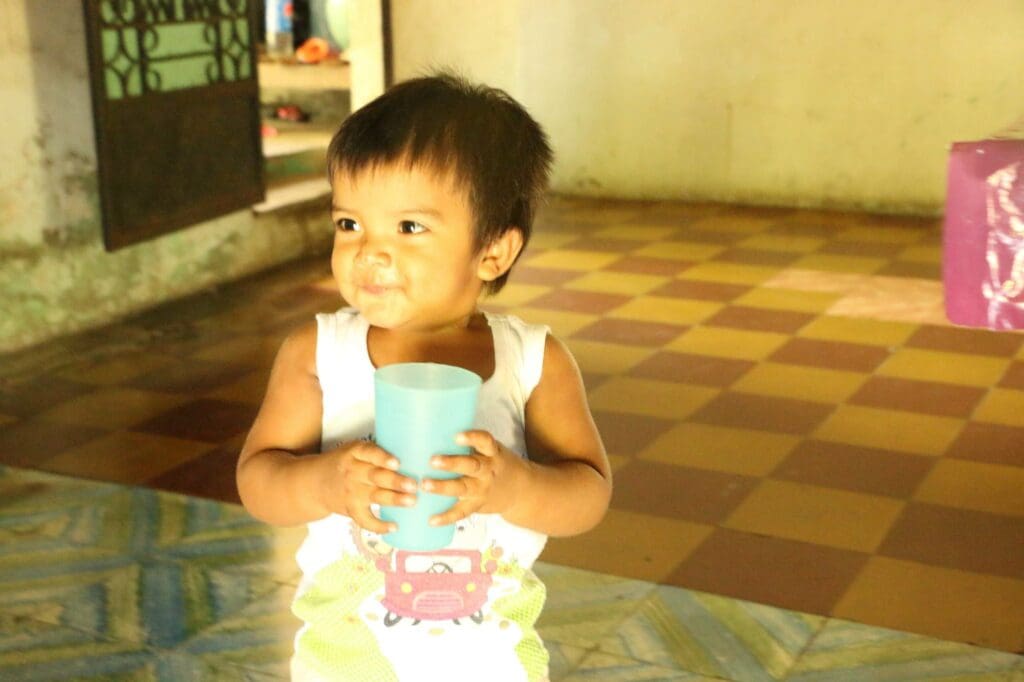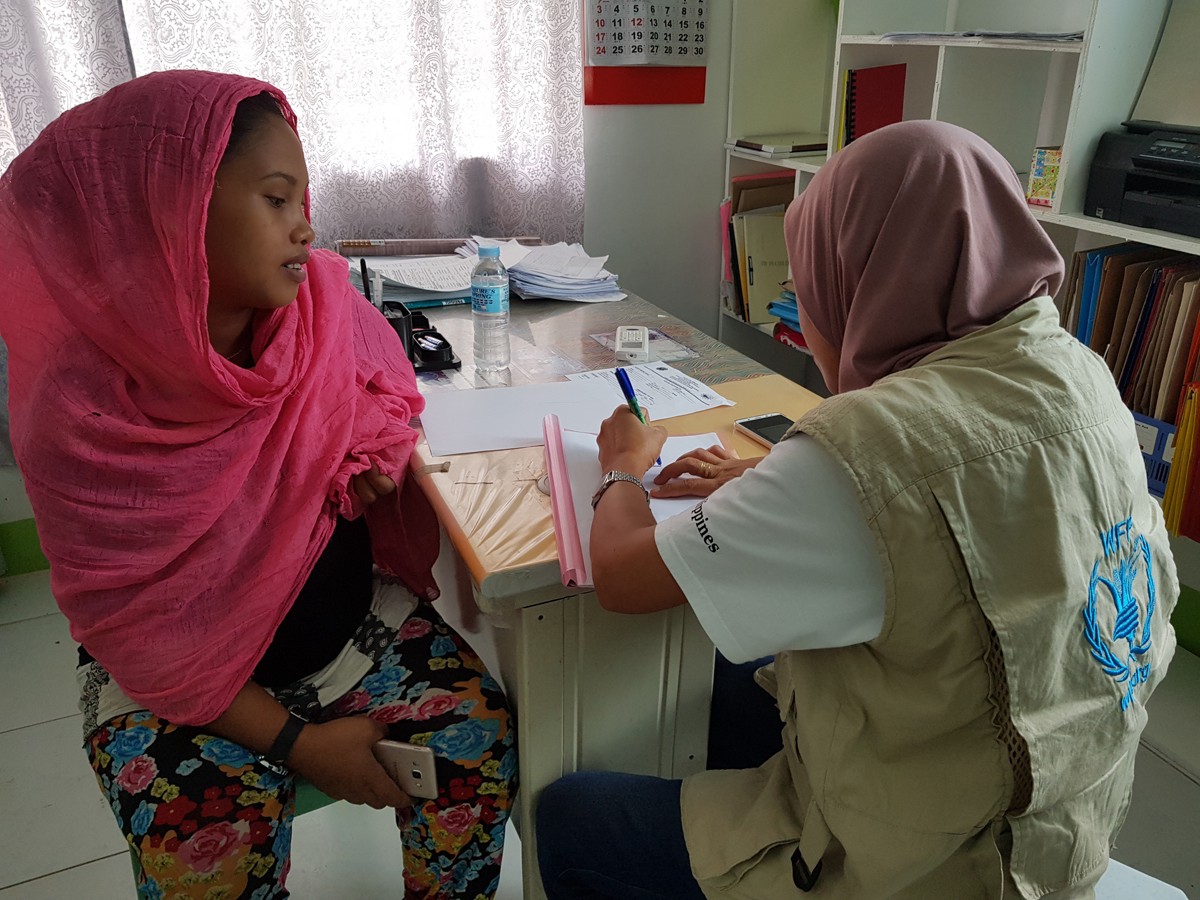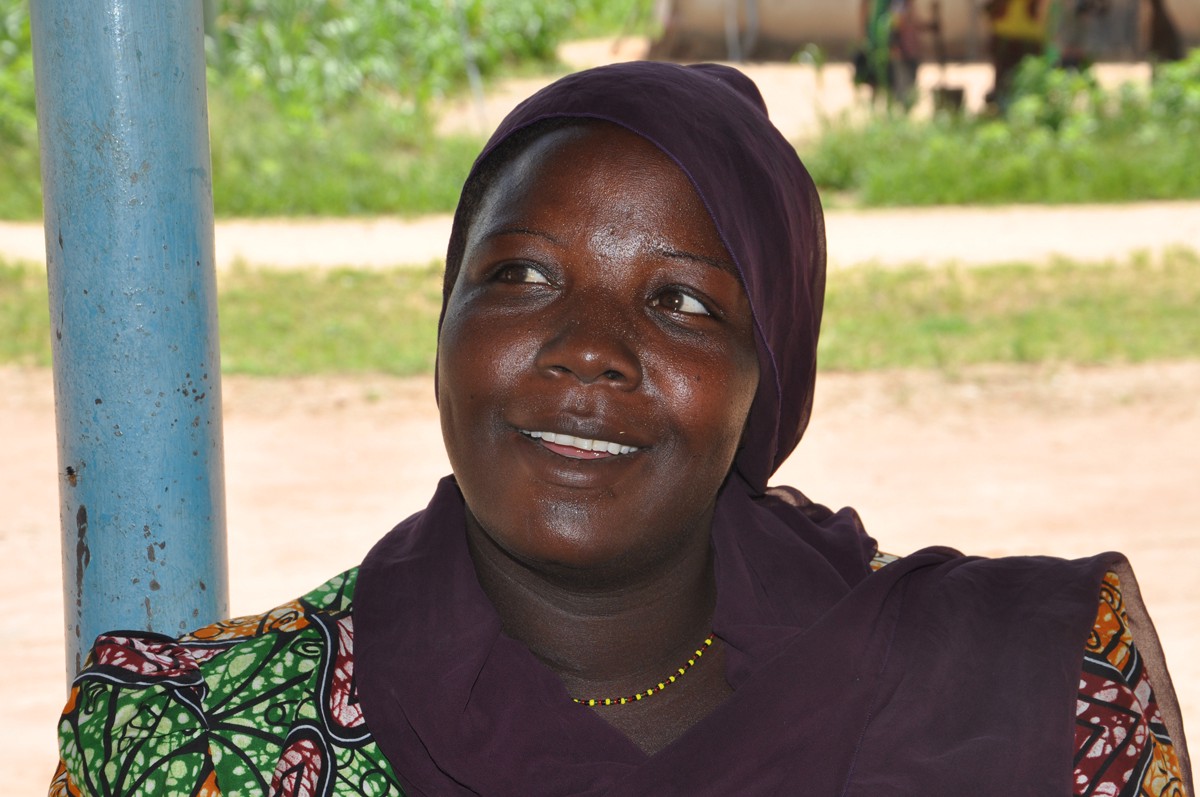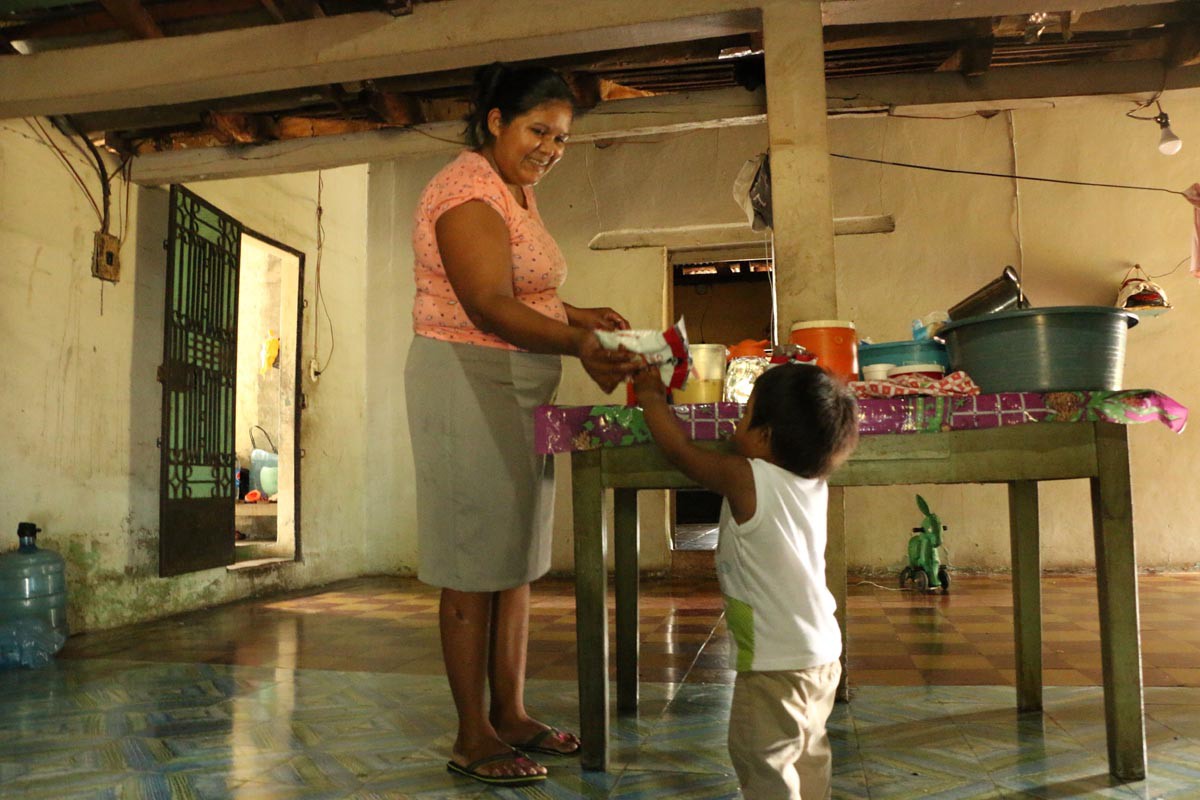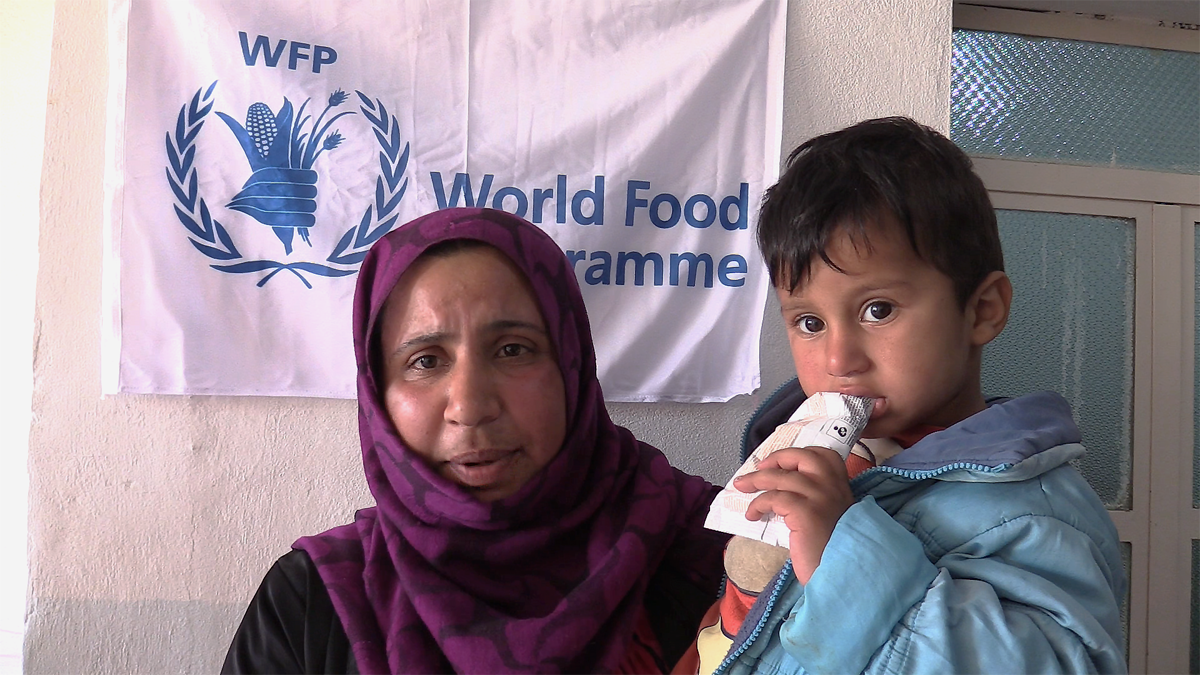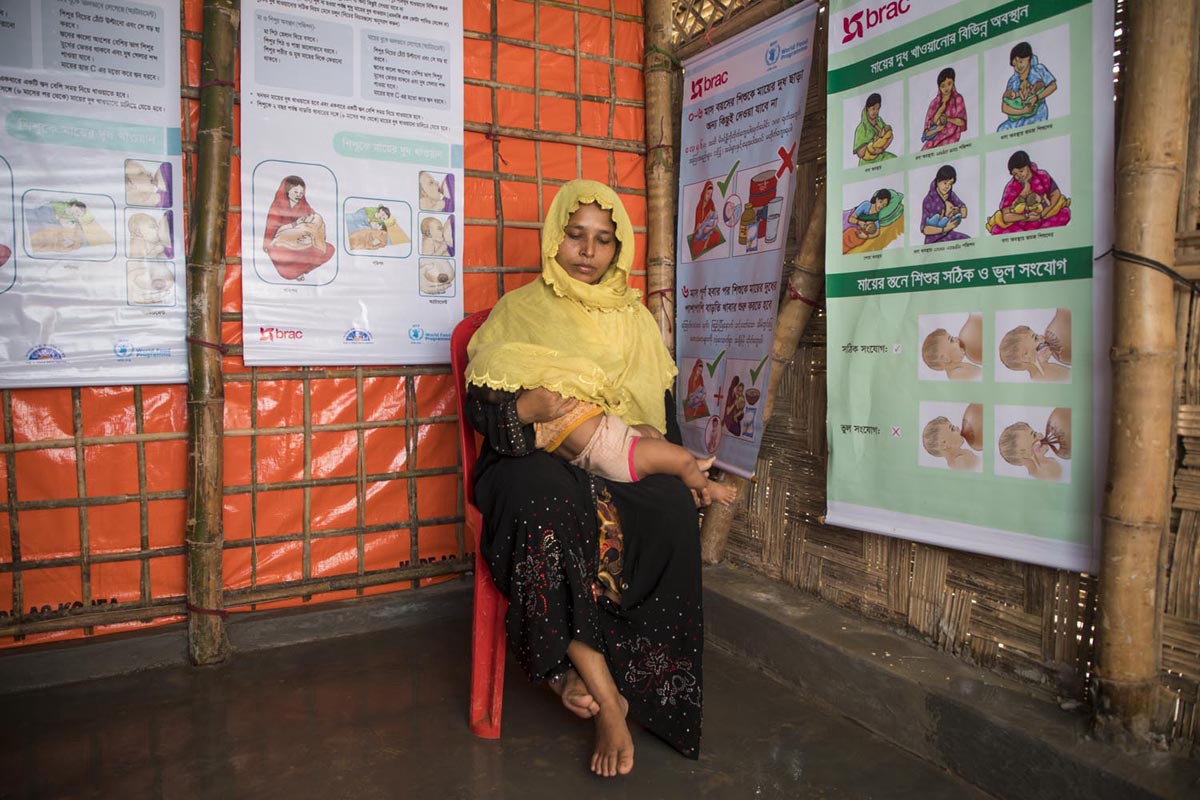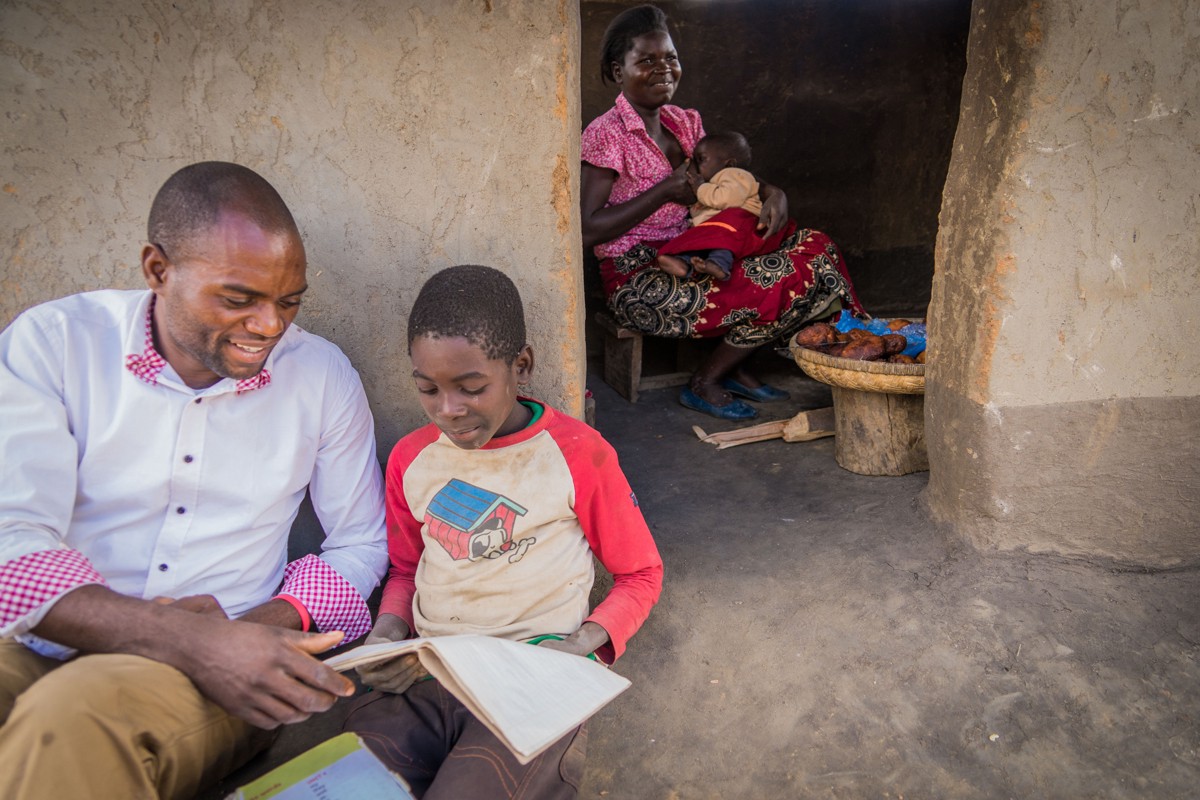
Breastfeeding isn’t just a woman’s job. Fathers like Alick have a very important role: supporting breastfeeding mothers.
Malawian father Alick understands his role in helping raise healthy children. “I learned lessons in raising my first child,” he says. “My wife was overwhelmed with household chores and taking care of the child — exclusive breastfeeding was a challenge. As a result, the child was malnourished.”
“Now I help my wife with most household chores and taking care of our children so that she has enough rest and time to exclusively breastfeed our baby.”
In many parts of the world, feeding children is seen exclusively as a woman’s role, but fathers are critical players in making sure their children get the nutrients they need, and the U.N. World Food Programme takes great care to educate them accordingly.
Petronila Antonia, Guatemala
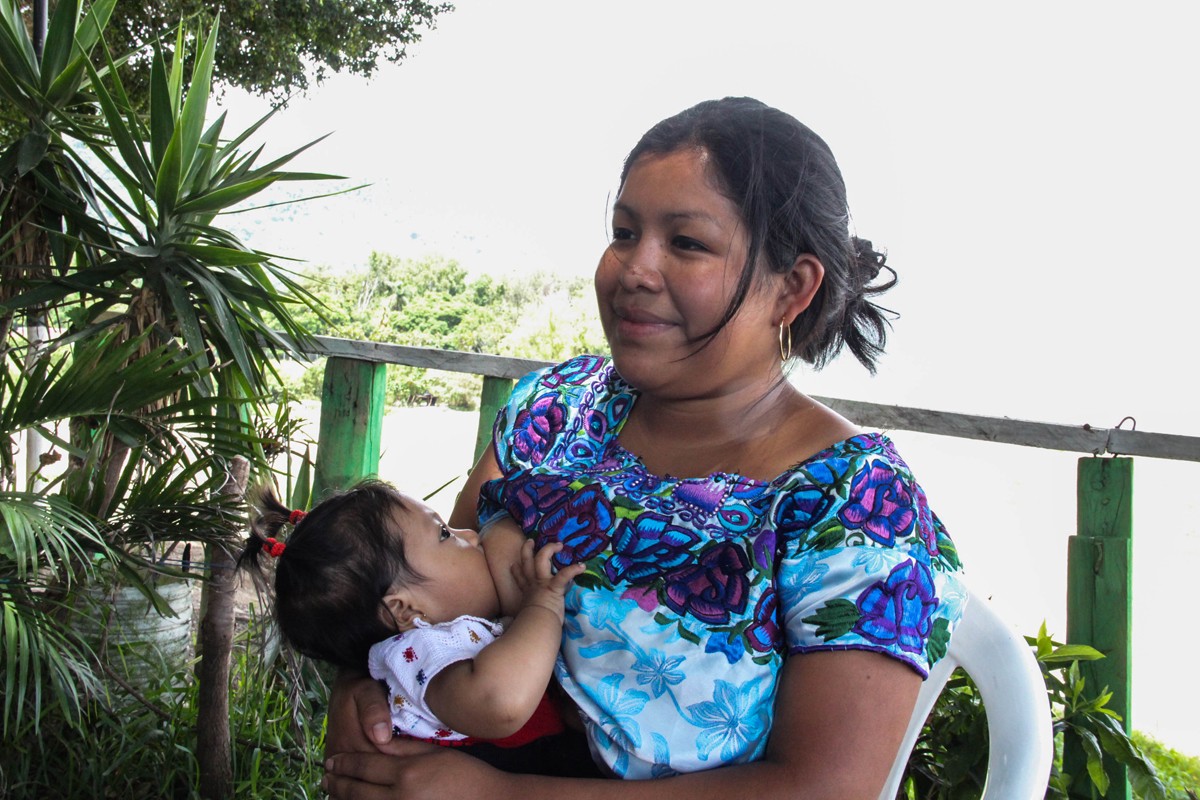
Baby Luna is very healthy thanks to her mother’s breast milk and the nutritious food she gives her.
One of the most effective ways to fight childhood malnutrition is by feeding pregnant and breastfeeding mothers. Breastfeeding training is a crucial part of that. “While I was pregnant, I attended counseling groups supported by the U.N. World Food Programme, and I learned that breastfeeding was good for the growth and health of my baby,” recounts Petronila. “So for the first months I only fed my daughter, Luna, breast milk .”
“She is 8 months old now and she hardly ever gets sick. She is super healthy!”
“Now I prepare different types of foods for her, always trying to make her meals healthy and nutritious. For example, I give her potatoes, fruit, beans and eggs. I plan to keep breastfeeding Luna until she turns two — she likes it a lot. I learned a lot with the support groups and realized that it is very important to keep learning.”
